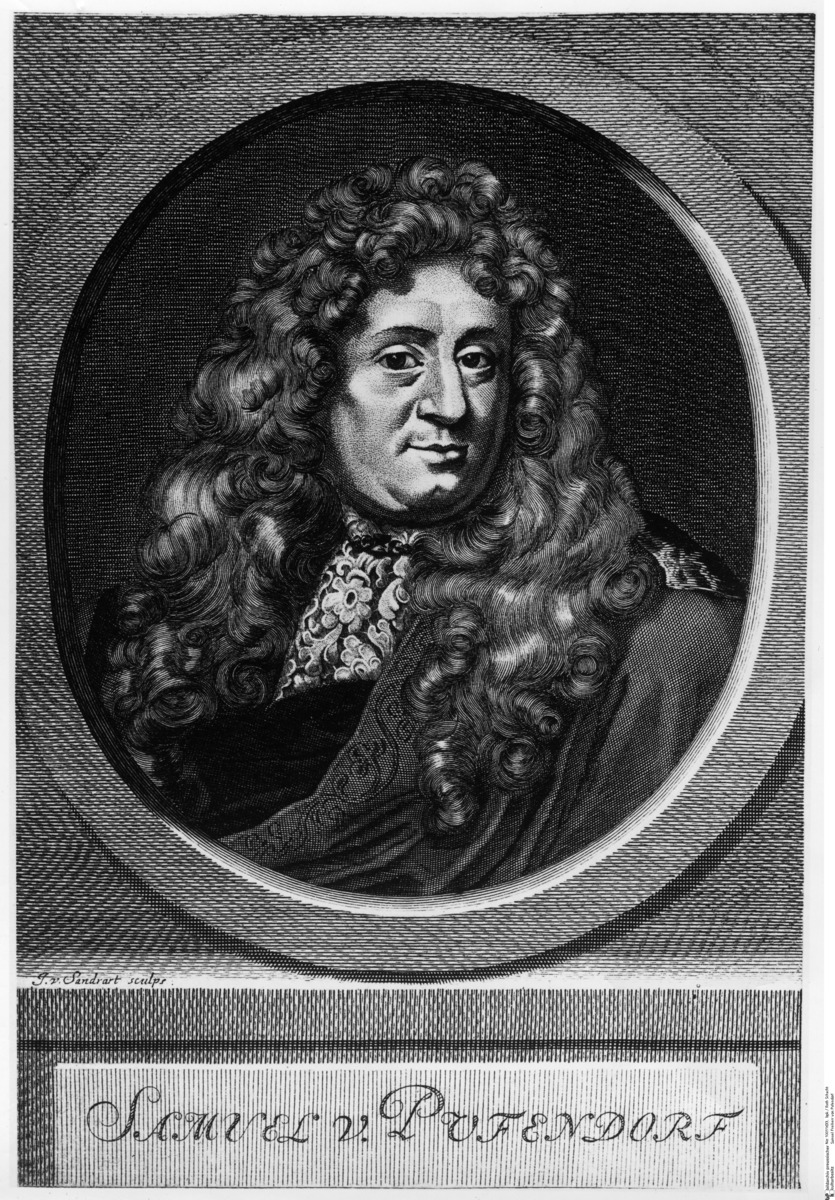Abstract
The jurist and historiographer Samuel Pufendorf (1632-94) ranks among
the most significant writers on political philosophy in the seventeenth
century. He contributed substantially to the evolution of absolutism in
Germany by taking up and further developing Thomas Hobbes’ (1588-1679)
notion of the social contract. In one major work,
De jure naturae et gentium libri octo
(1672) [Eight Books on Natural and
International Law], Pufendorf introduced a systematic approach to
natural and international law; he dissociated legal theory from
theological dogmatism and put forth generally binding principles of law
that were practicable in social interaction. Governments, Pufendorf
argued, had a contractual obligation to promote the welfare of the
people. Nonetheless, he did not encourage the thought that subjects
might rebel if government proved abusive.
De statu imperii Germanici [The
Constitution of the German Empire], Pufendorf’s critical assessment of
the constitution of the Holy Roman Empire, was another momentous
contribution to political philosophy. It was published in Latin under
the pseudonym Severinus de Monzambano Veronensis in 1667. Although
imperial censors immediately banned the book, Pufendorf’s arguments were
supported and circulated by many. It served subsequent “absolutists” as
a blueprint for attempts to reform the ailing empire.
